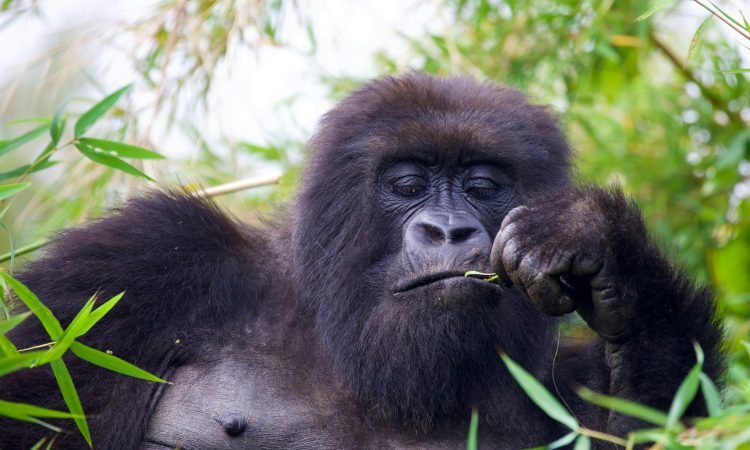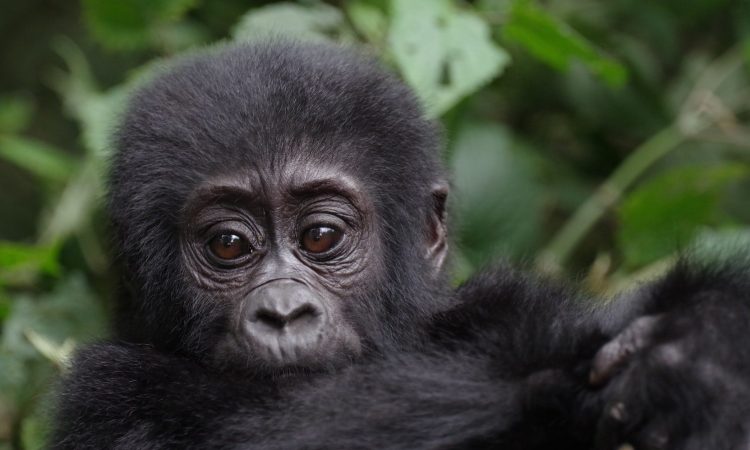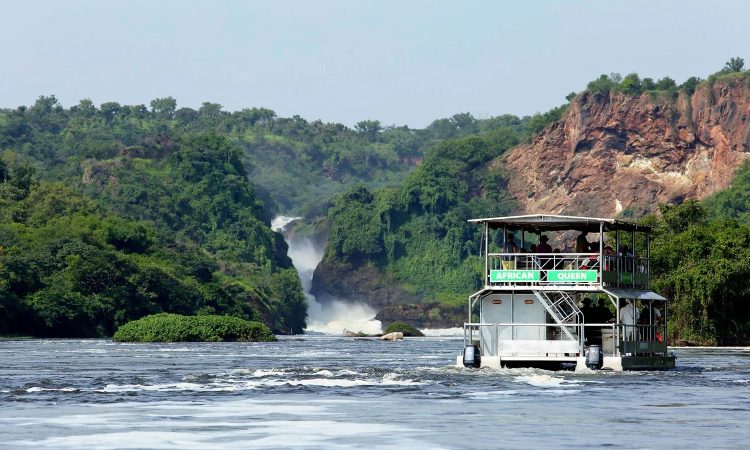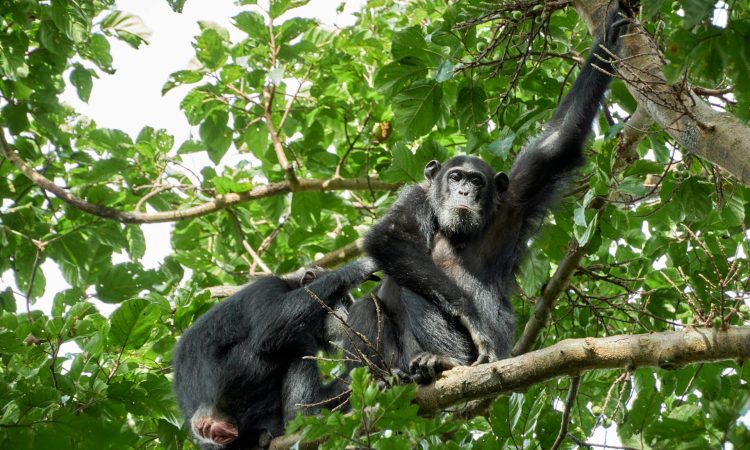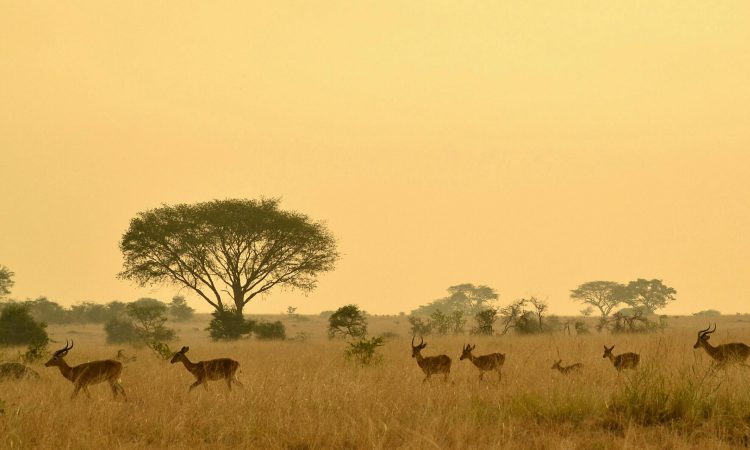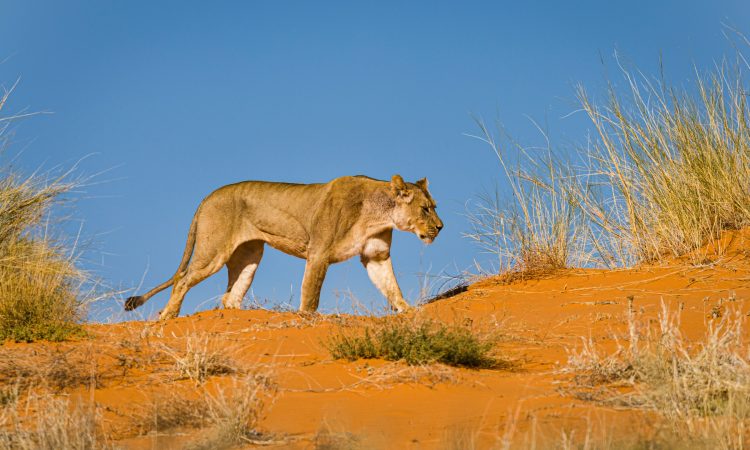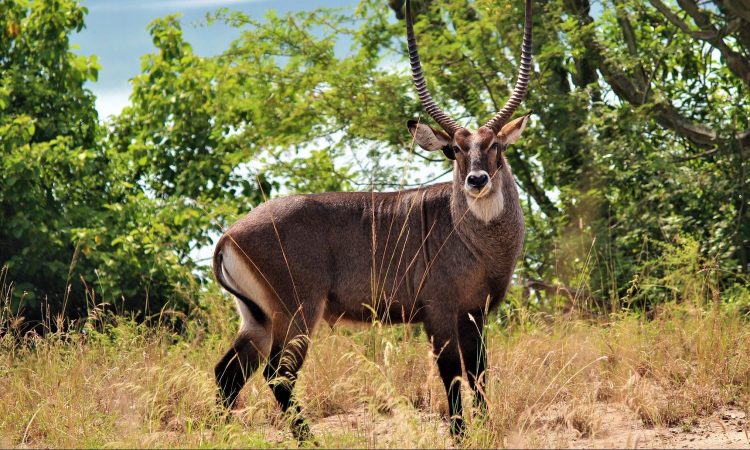Chimpanzees, also known as common chimpanzees, are a species of great apes that live in the rainforests, woodlands, and savannahs of tropical Africa. They share 98% of their DNA with humans, which is even closer than gorillas. When a female chimpanzee with an infant dies, older females in the group often adopt the baby and take care of it until it grows up.
The average lifespan of a chimpanzee is about 50 years in the wild and up to 60 years in captivity. When a female chimpanzee has her first baby, she is usually unsure of how to care for it but learns by watching older females with their babies.
Chimpanzees do not form long-term mating pairs. This means there is no competition when choosing a new partner. Mating usually lasts between 10 to 15 seconds and can happen even while they are doing something else, like eating.
In the 19th century, there were more than 1,000,000 chimpanzees in the wild. Today, fewer than 300,000 remain. They are threatened by humans through poaching for bush meat and the pet trade, destruction of their habitat for human settlement and other activities, and diseases like Ebola, which have reduced their numbers in recent years.
Species of Chimpanzees
Chimpanzees are divided into four subspecies:
Central Chimpanzee
The central chimpanzee, also called the tschego or Pan troglodytes troglodytes, is found in the Democratic Republic of Congo, Republic of Congo, Central African Republic, Gabon, southeastern Nigeria, Equatorial Guinea, and Cameroon.
This subspecies is listed as endangered on the IUCN Red List, with about 115,000 individuals left in the wild. The main threats are Ebola, habitat destruction, poaching, and deforestation.
Eastern Chimpanzee
The eastern chimpanzee is a subspecies of the common chimpanzee found in Uganda, Rwanda, Tanzania, Democratic Republic of Congo, South Sudan, and the Central African Republic.
It was listed as endangered on the IUCN Red List in 2007, and its population continues to decline.
Western Chimpanzee
The western chimpanzee, also known as the West African chimpanzee, lives mostly in Guinea and Côte d’Ivoire. This subspecies became genetically different from the others about 500,000 years ago.
The biggest threat to the western chimpanzee is habitat loss. Only about 21,300 to 55,600 individuals remain in the wild. Their diet is also different—they hunt animals such as bush babies, green monkeys, patas monkeys, banded mongooses, and Guinea baboons.
Nigerian-Cameroon Chimpanzee
The Nigerian-Cameroon chimpanzee is a subspecies of the common chimpanzee found in the rainforests along the Nigeria–Cameroon border. It is the most threatened of all chimpanzee subspecies.
They live in areas like Mbam Djerem National Park in Cameroon, Gashaka-Gumti National Park and Ngel Nyaki Forest Reserve in Nigeria, and the Banyang-Mbo Wildlife Sanctuary in Cameroon.
Males of this species can weigh up to 70 kilograms and grow up to 1.6 meters tall. Females are slightly smaller.
All the species of chimpanzees may look the same at first, but they differ slightly in behavior and the places they live.

